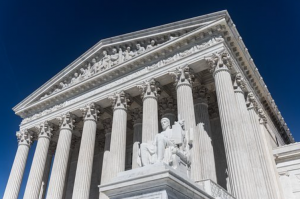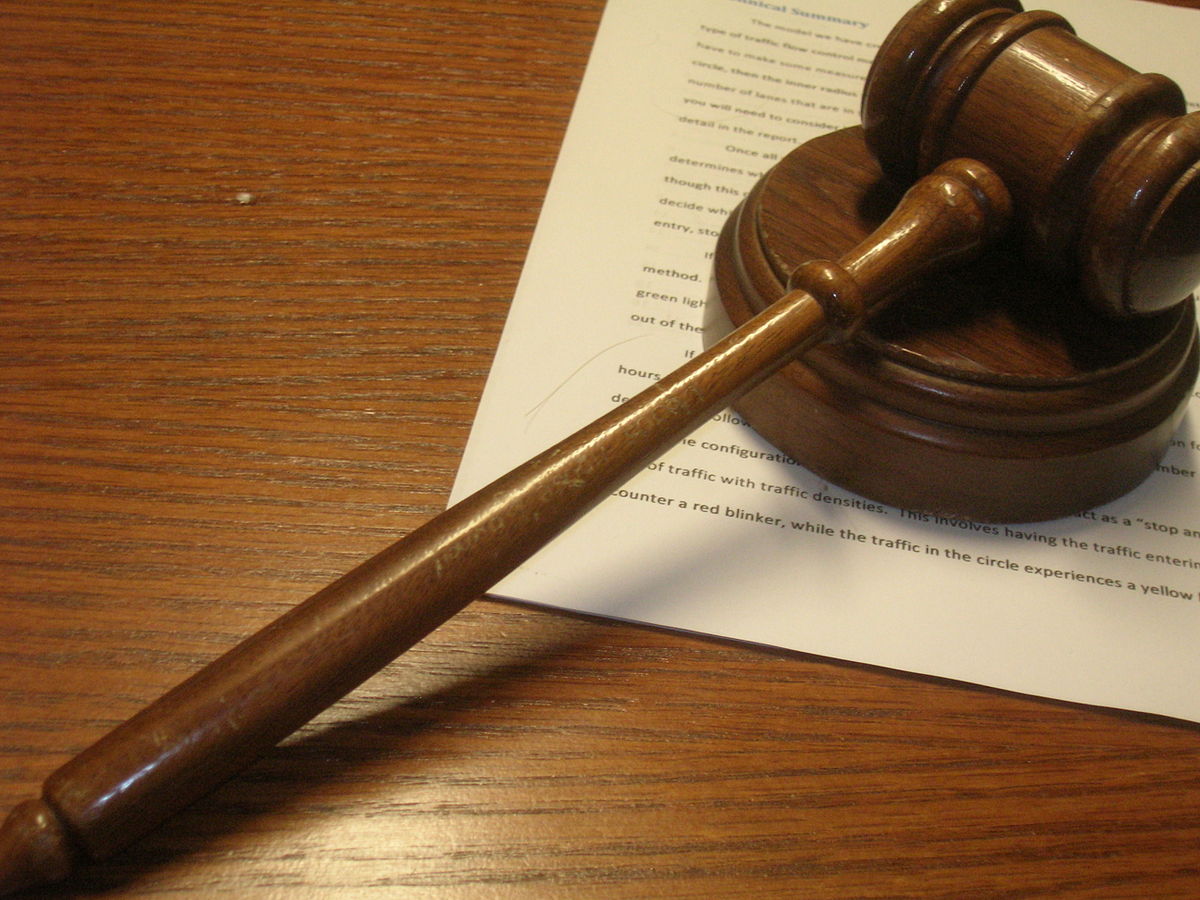In their lawsuit, Glacier Northwest claims that a strike organized by the International Brotherhood of Teamsters led employees to intentionally destroy company product.
The Supreme Court appears poised to side with a Washington state-based concrete company, which claims that a strike organized by the International Brotherhood of Teamsters damaged its products.
According to NBC News, the Supreme Court is considering whether the company—Glacier Northwest, Inc.—can file a lawsuit against the union.
The lawsuit relates to an August 2017 strike action, in which union drivers walked off the job, leaving wet concrete inside of their trucks.
During January hearings, the justices’ questions suggested that they are inclined to find that the Washington Supreme Court had erred when it dismissed Glacier’s initial complaint.
Nevertheless, the Supreme Court’s anticipated ruling may be tempered by the Biden administration’s ongoing investigations.
The National Labor Relations Board, notes NBC News, is currently assessing whether the Teamsters’ strike action, and the alleged product damages, was an activity protected by federal law.
During oral arguments, the justices considered the distinction between economic loss caused by a strike action—a federally protected activity—and the alleged intentional destruction of company product by the Teamsters.

Noel Francisco, an attorney representing Glacier, wrote in court filings that federal law does not protect “the intentional destruction of property” or “strike-related conduct that fails to include reasonable precautions to protect employer property, much less deliberately destroys it.”
Using the example of milk production as an analogy, Chief Justice John Roberts said that the “difference [is akin to] the milk spoiling and killing the cow.”
Reuters reports that, in recent years, the conservative-dominated Supreme Court has gradually leaned toward reining in the powers of labor unions.
Last year, the justices struck down a California state law that had attempted to make it easier for agricultural workers to unionize.
Justice Elena Kagan, a liberal, opined that a broad ruling in favor of companies like Glacier could make it easier for enterprises to “undercut union decisions on when to strike.”
“When we start focusing on intent, without more, it pulls in pretty much every strategic decision that a union makes as to when to conduct a work stoppage,” Kagan said.
Glacier, meanwhile, has asked the Supreme Court to find that federal statutes do not bar claims made under state law involving the intentional destruction of an employer’s commercial property.
The International Brotherhood of Teamsters has argued that the strike should be protected under federal law, since the loss of concrete product did not satisfy the legal threshold to override or negate federal preemption.
Sources
Supreme Court leans toward concrete company in lawsuit over alleged strike damage
U.S. Supreme Court considers narrowing federal protections for unions


Join the conversation!